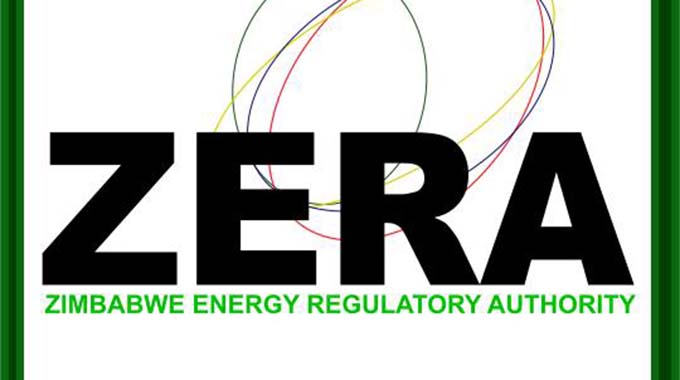By Martin Chemhere
The Research Council of Zimbabwe (RCZ) and the Zimbabwe Energy Regulatory Authority (ZERA) have demonstrated a strong commitment to fostering a sustainable energy future for Zimbabwe through strategic collaboration. In 2018, this partnership culminated in a joint call for research proposals focused on three critical areas: renewable energy integration, electricity reliability, and energy efficiency. This collaborative effort leveraged the distinct strengths of both organizations – the RCZ’s focus on research and development and ZERA’s regulatory oversight of the energy sector – to address pressing challenges facing Zimbabwe’s energy landscape. The combination of their expertise and resources, enabled the two organisations to generate actionable insights, cultivate local expertise, and ultimately drive the development and implementation of practical solutions.
This joint initiative emphasized the need for research that not only explored the technical aspects of integrating renewable energy sources into existing power systems but also addressed the broader issues of improving reliability across the entire electricity value chain, from generation to supply. Furthermore, the call for proposals highlighted the importance of investigating and enhancing energy efficiency capacity within Zimbabwe, recognizing that reducing energy consumption is a crucial component of a sustainable energy strategy. The collaboration between the RCZ and ZERA ensured that the research would be aligned with both national research priorities and the practical needs of the energy sector.
The research program’s overarching objectives were to generate knowledge that translates into practical and realistic solutions, with a focus on domestic and industrial implementation and potential for commercialization. Specifically, the research aimed to advance renewable energy integration, enhance electricity reliability nationwide, develop and provide technologies for improving and measuring energy efficiency, and support human resources development in the energy sector for long-term sustainability. These objectives were carefully aligned with key national development priorities, including the Zimbabwe Agenda for Sustainable Socio-Economic Transformation, the National Energy Policy, The Ten Point Plan, and the National Research Priorities.
The call for proposals outlined specific thematic areas, including renewable energy integration, electricity reliability, and the development and promotion of energy efficiency measures. These areas represent critical challenges and opportunities for Zimbabwe’s energy sector, and the collaboration between the RCZ and ZERA ensured that the research would be directly relevant to these pressing issues. Funding for the research projects was provided on a competitive basis, open to Zimbabwean researchers at local academic institutions, research institutions, government research departments, and, importantly, researchers from the private sector and non-profit organizations affiliated with approved Zimbabwean public institutes. This inclusive approach, facilitated by the combined influence of the RCZ and ZERA, aimed to leverage the broadest range of expertise and foster collaboration among diverse stakeholders.
Each research proposal was required to include at least one Zimbabwean student pursuing a Master’s or Doctoral degree in a renewable energy-related field, underscoring the commitment to developing the next generation of energy professionals. The call for proposals also specifically encouraged applications from female researchers, reflecting the importance of gender balance and inclusivity in the energy research field. This joint initiative by the RCZ and ZERA demonstrates the power of collaboration in addressing Zimbabwe’s energy challenges and building a more sustainable energy future.

